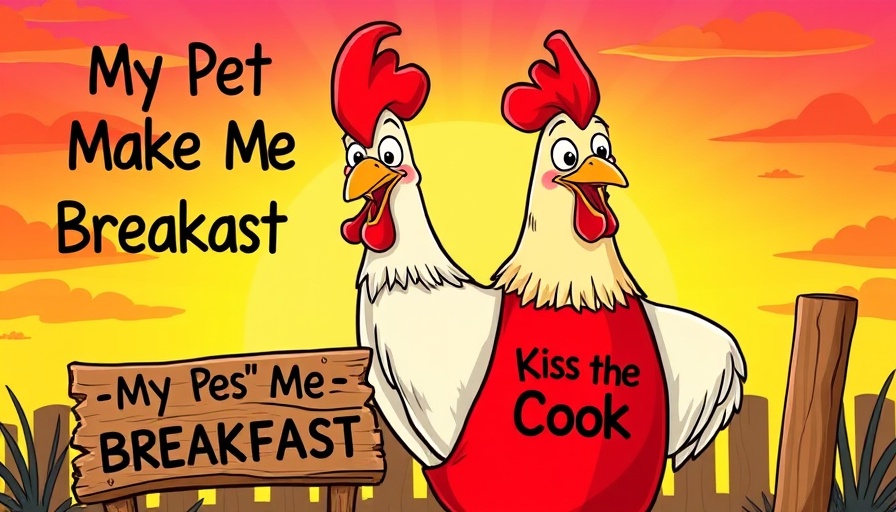
Understanding the Differences: Pullets vs. Cockerels
For anyone entering the captivating world of poultry, understanding the fundamental differences between pullets (young female chickens) and cockerels (young male chickens) is essential. This knowledge can significantly affect not only your farming decisions but also your overall experience as a poultry keeper. Pullets are typically raised for egg production, while cockerels are often reared for meat or breeding purposes.
The Behavioral Considerations
Cockerels tend to exhibit dominant behavior as they mature, which can influence flock dynamics. They often engage in vocalizations (crowing) and may display aggressive tendencies toward both humans and their peers when establishing their place in the pecking order. Understanding these traits is crucial for maintaining a harmonious coop environment. Pullets, on the other hand, are generally quieter and less aggressive, making them easier to manage for many hobbyists.
Health and Care Considerations for Each Gender
In terms of health and nutrition, both pullets and cockerels require specific care tailored to their developmental stages. Pullets need an appropriate grower feed rich in protein to support healthy feather growth and egg production readiness. Cockerels need similar protein-rich diets but may also benefit from added supplements to support muscle development for meat purposes.
Future Implications for Poultry Keepers
As the backyard poultry trend continues to grow, understanding the differences between these two sexes will become increasingly important. The decision on whether to raise pullets or cockerels can impact your egg production capabilities and your approach to managing flock genetics. Making informed choices today can lead to healthier birds and a more productive backyard operation in the future.
Final Thoughts
Many backyard poultry enthusiasts face the dilemma of choosing between pullets and cockerels, but with the right knowledge, this decision can become clearer and more manageable. By educating themselves on the unique traits and care requirements of each, poultry keepers can create a thriving environment that meets their specific needs.
 Add Row
Add Row  Add
Add 




Write A Comment